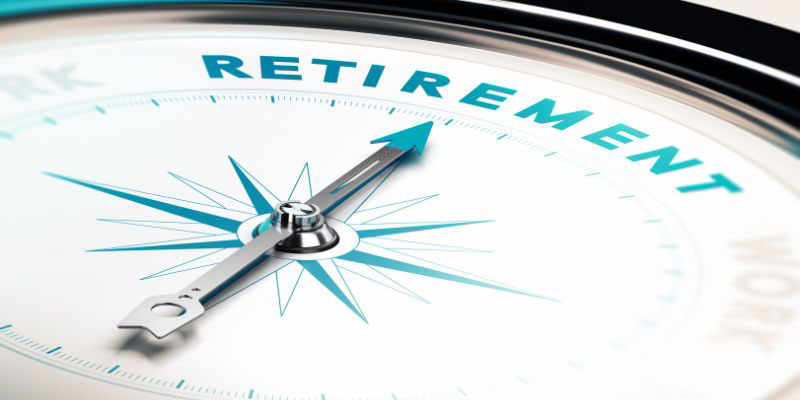Which is the Best Age to Retire: An Overview
Susan Kelly
Nov 14, 2023
As your retirement age approaches, you've probably had some conversations about preparing for it. Possible topics include the size of one's employer's contribution, whether or not one is vested, and the anger felt at the sticker price of a camper.
However, there is always a missing aspect when discussing retirement: The typical retirement age. The majority of people believe 65 to be the mystical age. However, The ideal age varies greatly from person to person. However, a few of them get to retire early on.
Withdrawing retirement funds at a later age allows for a larger withdrawal total than would be possible at an earlier retirement age, which is the primary motivation for delaying retirement.
But when do you think is the best age to retire for longevity? And what is the best age to retire for a woman and a man? Choosing the best age to retire is complicated and should be made after carefully considering the following reasons.

Best Age To Retire Early
The trend toward early retirement is growing. Some people see early retirement as an opportunity to spend more time on hobbies and interests outside of work, while others see it as a saving method. No matter what drives a person to retire early, doing so can lead to a richer life in many ways.
Typically best age to retire for a man is 65, while women often do so at 63. However, the typical retirement age varies depending on several circumstances. However early retirement has certain advantages, but it's not right for everyone.
You should weigh your choices carefully before settling on an early retirement strategy. Even though retiring early might seem like a good idea at first, there are many things to consider before making such a big change in your life.
Whether or whether you have the money to pull it off should be your top priority. While early retirement could seem appealing at first, it could be a bad decision if you haven't saved enough for a decent standard of living.

Best Age To Retire For Social Security
The full retirement age for Social Security payments was increased by legislation created by Congress in 1983. Historically, the best age to retire from federal government was 62, with a permanent decrease to 80% of the maximum benefit amount until the full age of 65 was reached.
It's not implausible that you won't be able to collect Social Security in retirement. Around a third of Americans have negative expectations about obtaining Social Security when they reach retirement age. Each year you wait to receive Social Security benefits up to the maximum age of 70 now, your benefit amount will grow by 8%.
You would be forgiven for having a pessimistic outlook on your future payouts considering that the Social Security Board has projected that the trust funds that supplement the system will run out of money by 2034.
What Is The Best Age To Retire For Your Health?
When deciding when to retire, your health is a major factor to think about. For those with long-term health issues, it may be wise to start putting money away sooner rather than later. It can help you save enough money to pay for future medical expenses in retirement.
Some believe the ideal retirement age is 57, but Affluence is not everything. Work-related stress can exacerbate preexisting health conditions, and quitting can help you avoid missing out on life's most precious moments, like those with your kids or grandchildren. In retirement, one's health is a major factor. Thus, it's important to put as much money away as possible.
Some people can save enough money to retire if they downsize and simplify their lives. Some people can save more money by delaying retirement so they don't have to give up their current standard of living. Retirement communities are often the most cost-effective choice compared to the skyrocketing in-home care, medication, and catastrophic care costs.
Average Retirement Age By Profession
It varies from country to country and person to person, but the retirement age is often between 60 and 65 years old. The target retirement age has historically been set at 65 years old in many nations; however, this is beginning to shift in several areas due to rising life expectancy, changes in pension regulations, and other considerations.
Because of concerns regarding the long-term viability of pension systems, the retirement age in certain nations has been increased to 67 or even 70 years old. In certain other nations, a person's ability to retire at a younger age depends on the occupation.
For example, positions that require a high level of physical exertion may permit earlier retirement. In addition, there are situations in which some people retire earlier than the typical retirement age, and others continue working well into their 70s or even later in life.
Conclusion:
Everyone hopes to be able to retire when in good health and take advantage of their golden years. Think about how much money you'll need to live the way you want in retirement. Withdrawals from a health savings account or retirement account, benefits from the Social Security system, or earnings on investment assets like rental property are all viable sources of income.
You can delay retiring entirely by working part-time for a while. The time you decide to retire can shift depending on your situation. The best action is to plan and save for retirement as soon as possible. That way, when the time comes, you'll be more prepared and have more options.







